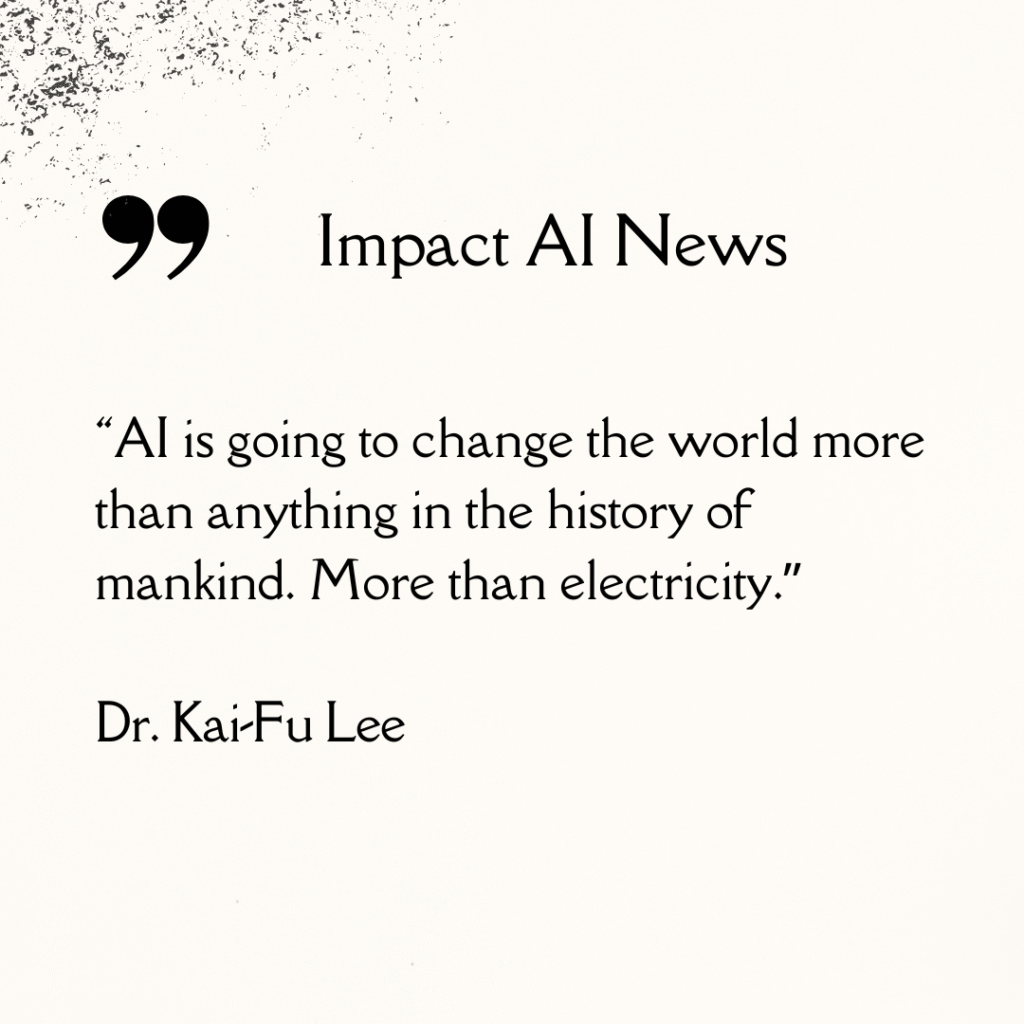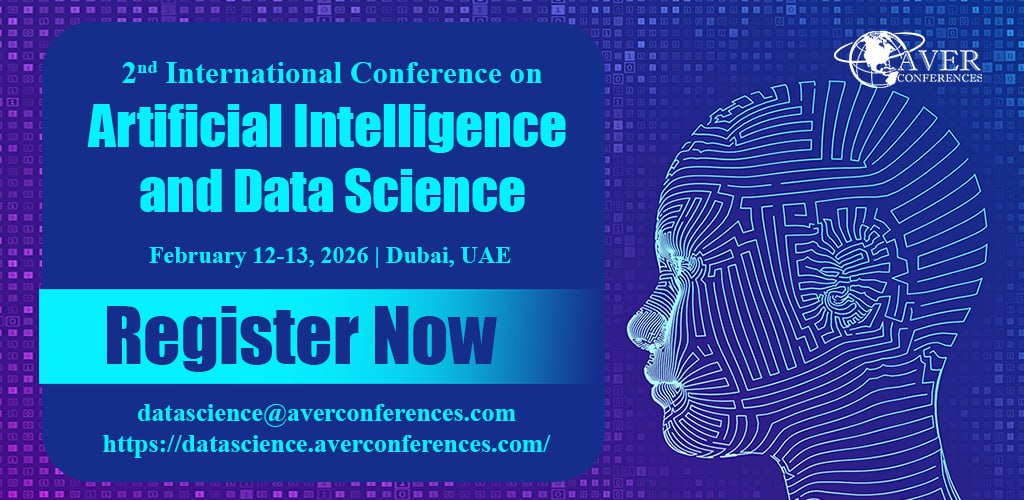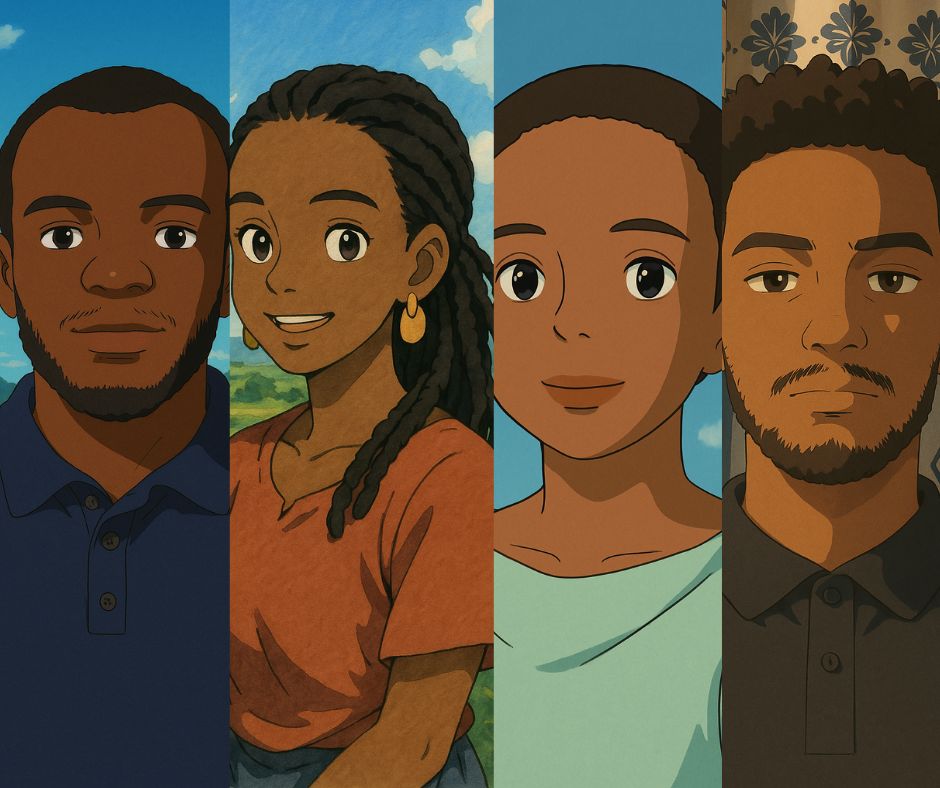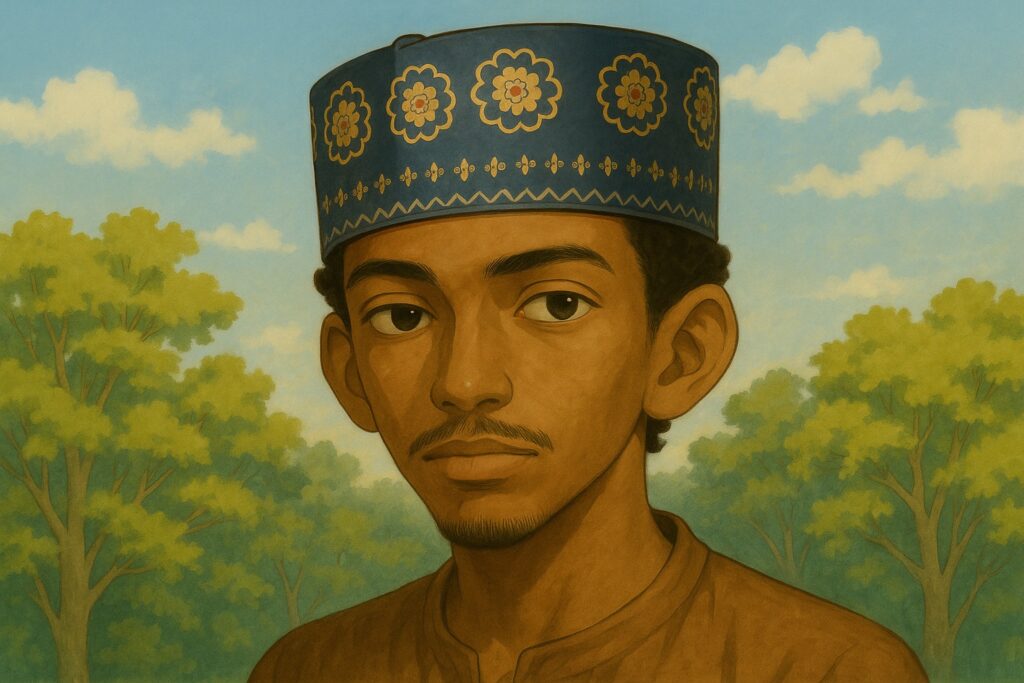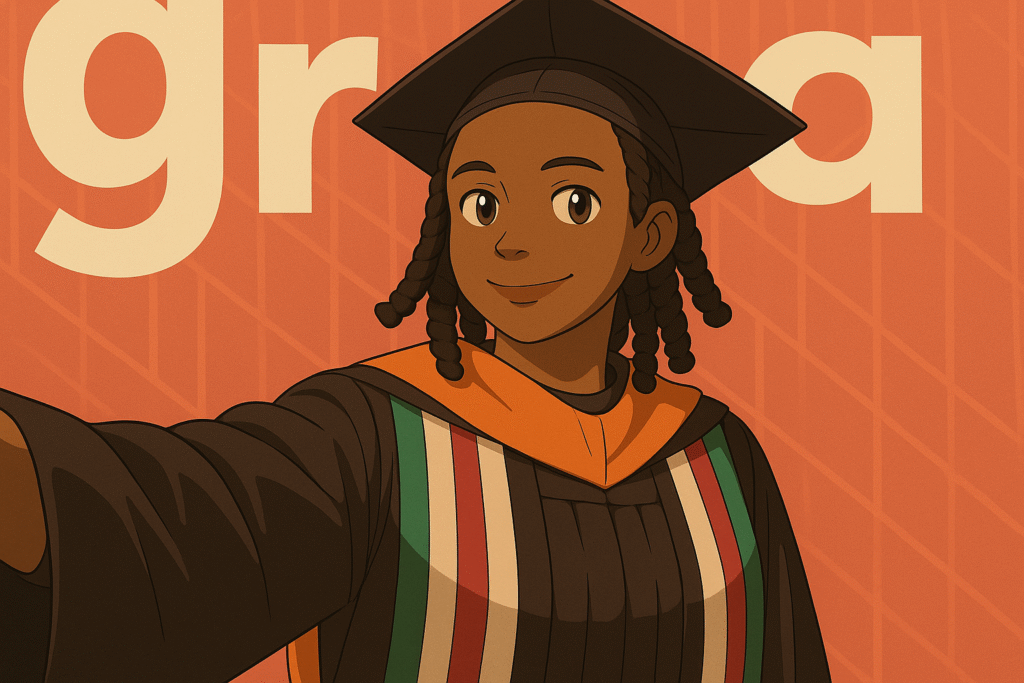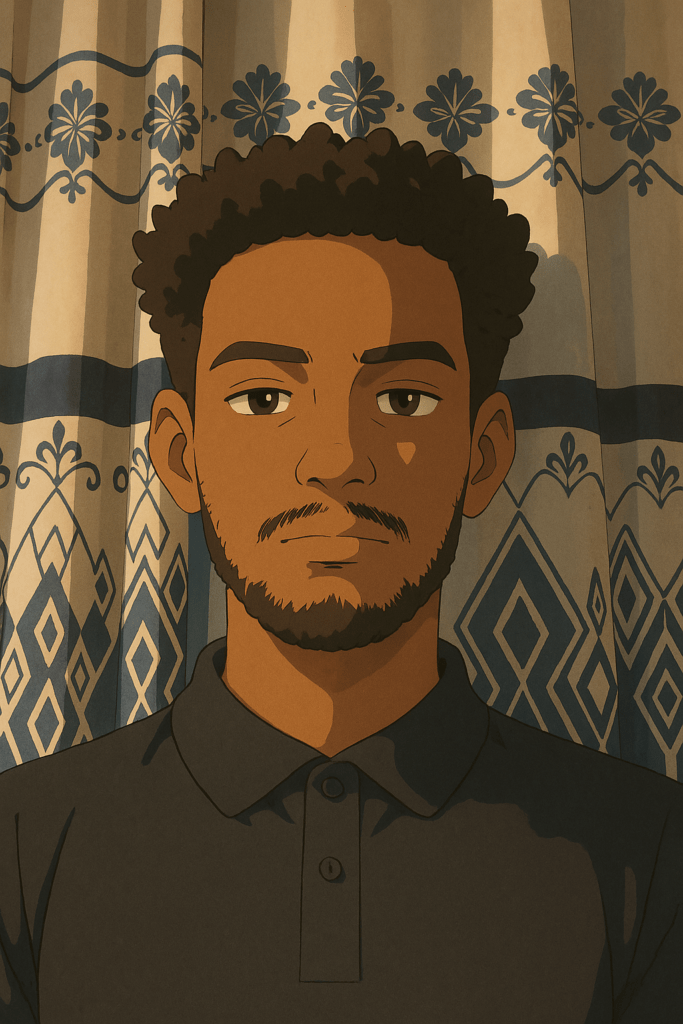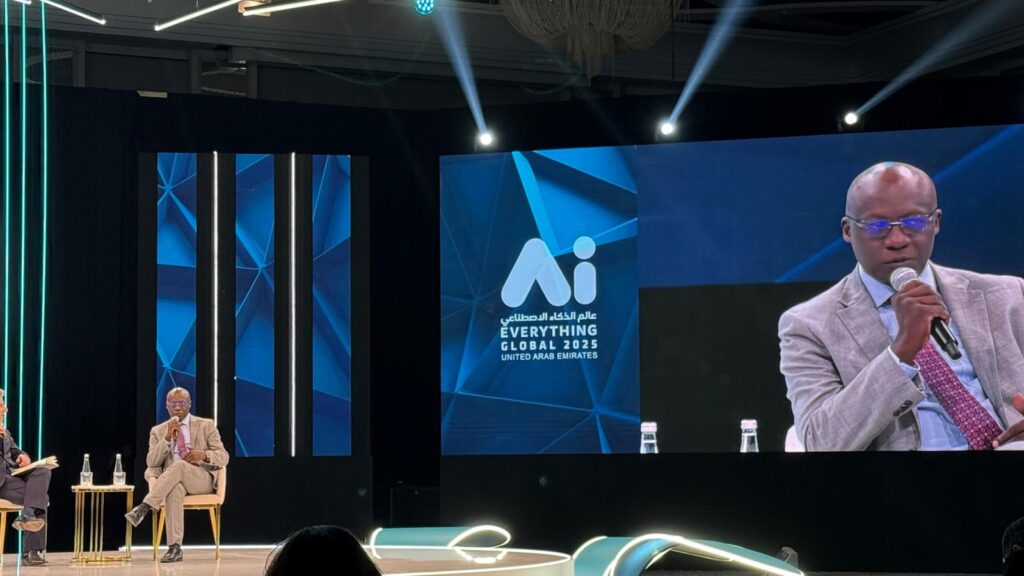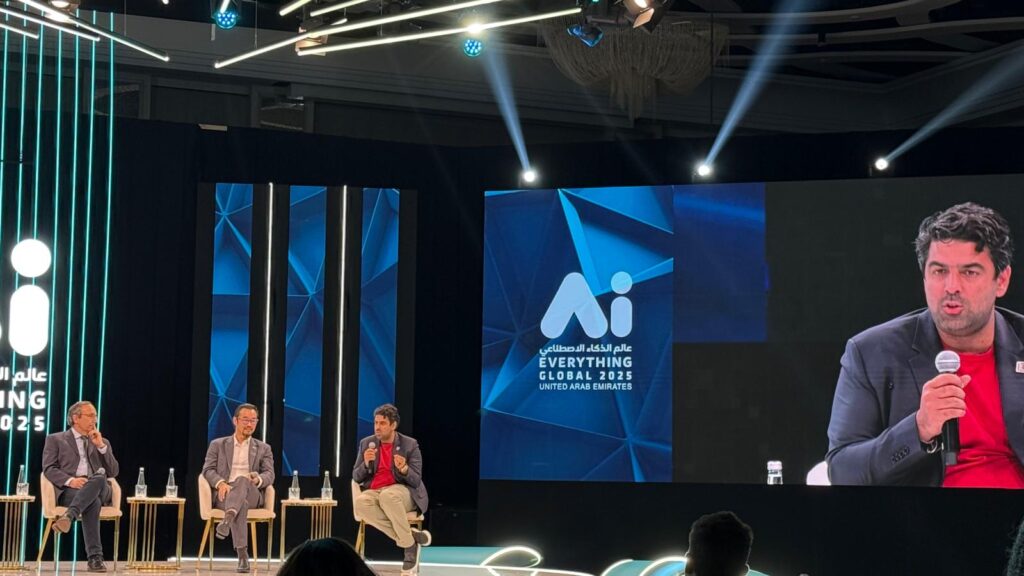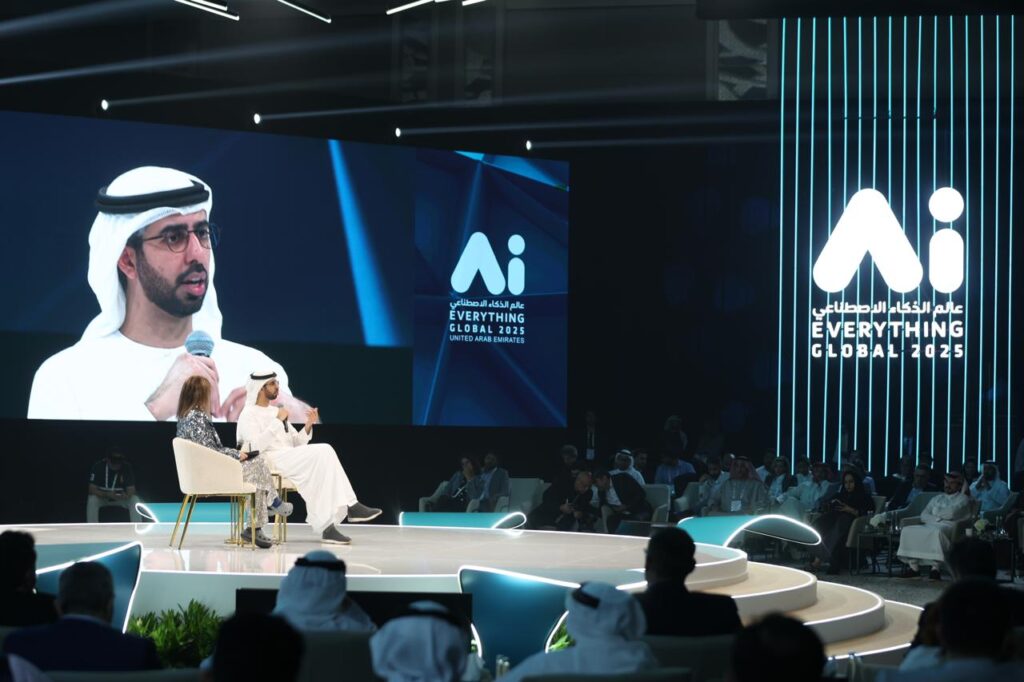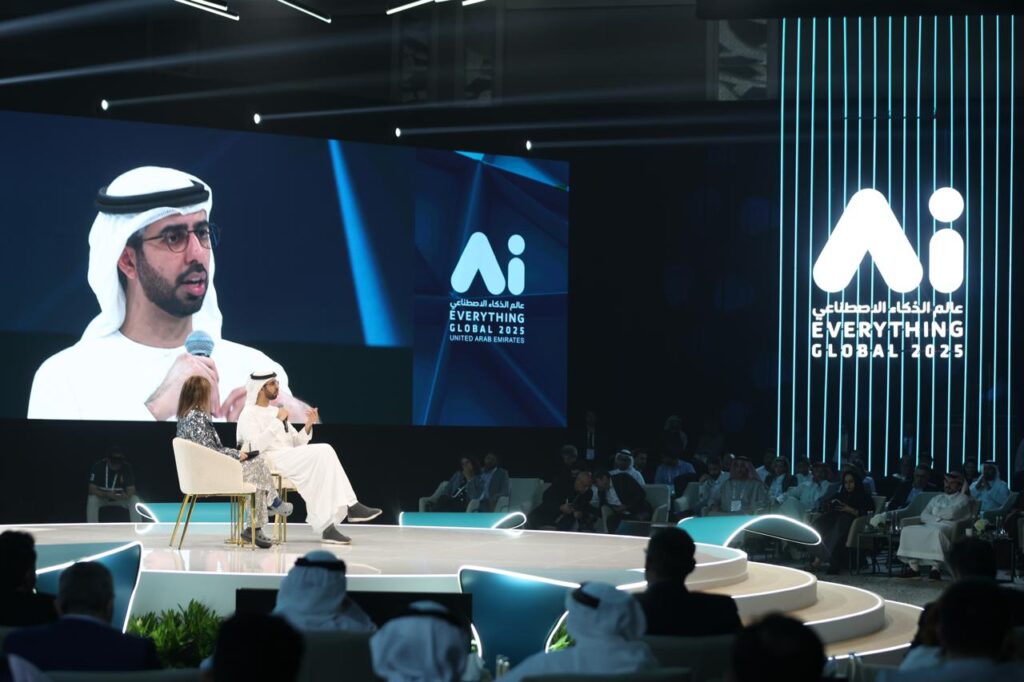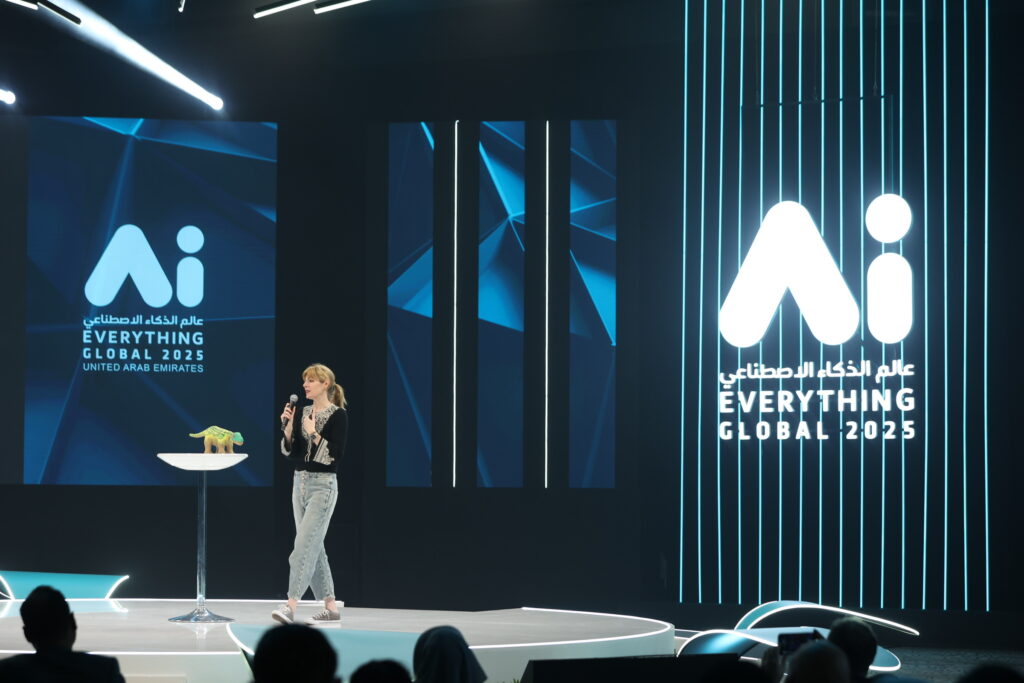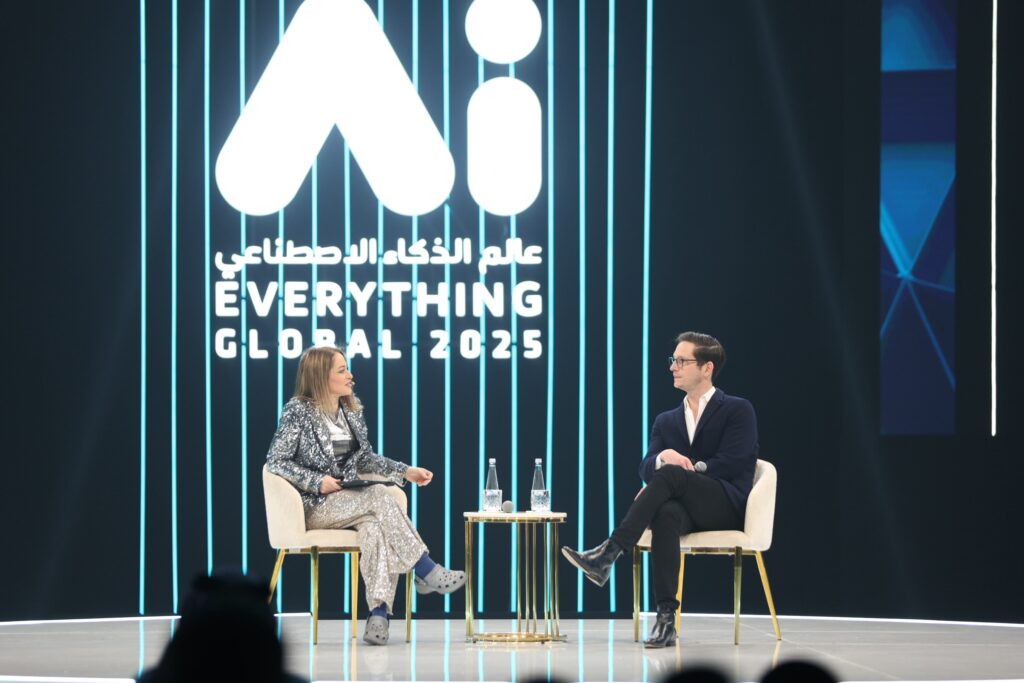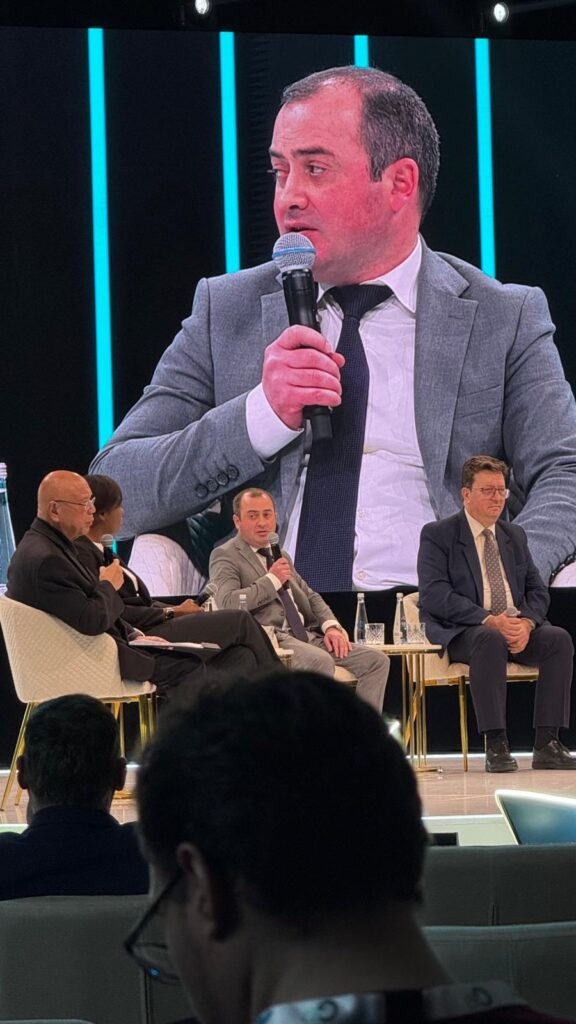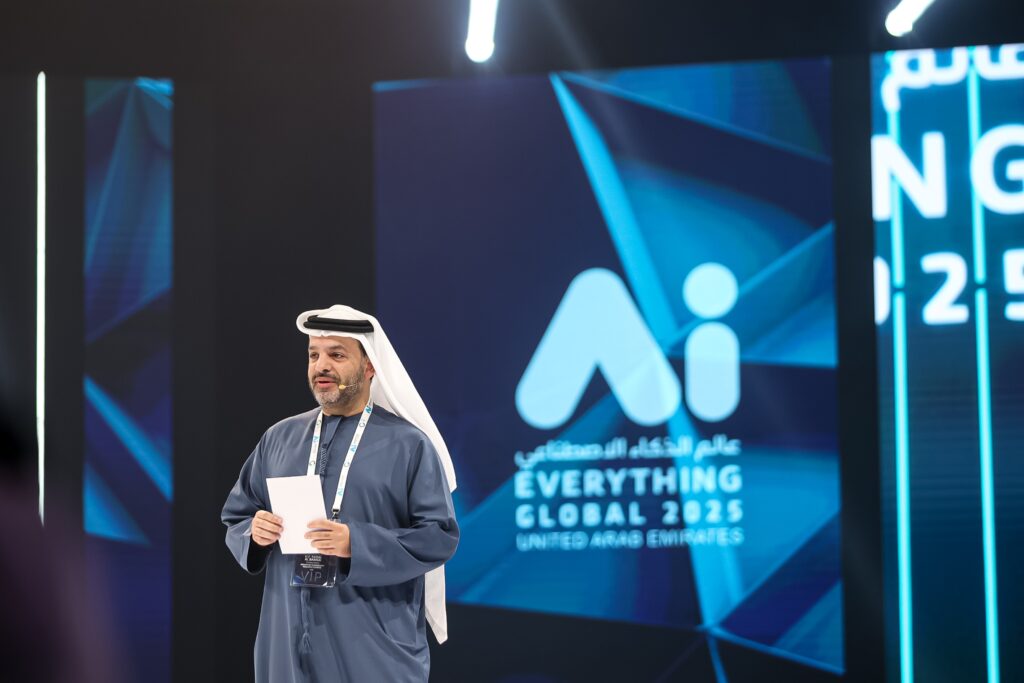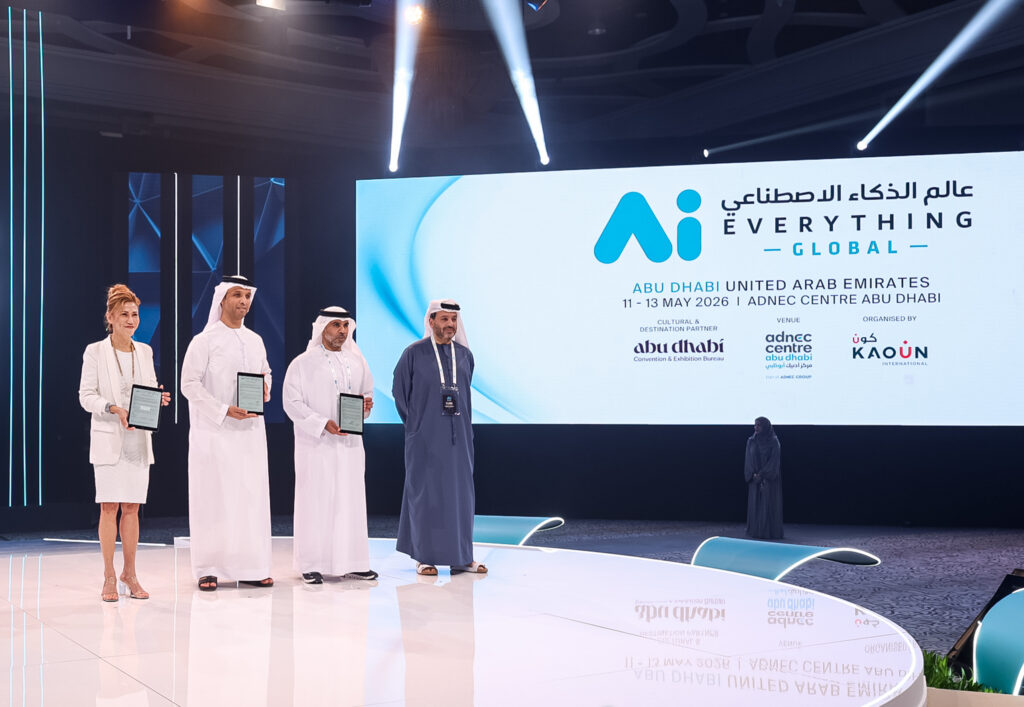
Delphine Nyaboke was born in Kibera, Nairobi’s sprawling slum and one of the largest informal settlements in Africa. For most children born here, life is a cycle of scarcity and limited choices. Everything (food, shelter, and even opportunities) is hard-won. For a child growing up in this kind of environment, it could mean a life of limitations. But not for Delphine. Thanks to her brilliance and deep love for learning, she found a way to break free. And now, she’s determined to help as many kids as possible to do the same using the same skills that helped her – tech skills.
Her journey from Kenya’s largest slum to becoming a data scientist and Zindi ambassador is a testament to resilience, self-taught brilliance, and an unrelenting drive to succeed.
“Opportunities are not really available to us… Us being the poor folks,” Delphine told ImpactAI News. “And nobody bothered to tell us about technology. I came to know of it in my second year at university. That’s 15 years lost.”
Overcoming Generational Limitations through Tech
Despite the odds, she excelled in school, particularly in math and physics. A scholarship from Good Neighbors, a Jesuit-affiliated organisation, helped her into higher education; first for a diploma in Electrical Engineering, then a bachelor’s degree at Jomo Kenyatta University. It was here that she accidentally discovered her interest in data science and computer tech after studying a compulsory programming course in her third year. In her words, “it changed everything.”
When she graduated in 2020 amid a global pandemic, Delphine faced a harsh reality: no one was hiring Electrical Engineers. And with bills to pay, she had to find a job fast. That was how she decided to revisit that brief encounter with programming.
“You can’t just go about saying, ‘I graduated with an electrical degree’ when you can’t even afford your basic needs. You have to iterate. Take what the market is offering,” she said in explanation as to why she shifted focus to data science.
A Self-Taught Data Science Pro
She recalled teaching herself Python, joining peer study groups, and landing an internship at a logistics startup. By May 2021, she was a full-time software engineer. But she didn’t stop there.
Hungry for more, Delphine dove into AI and machine learning through Udemy, Coursera, and YouTube, up-skilling herself in the process. By 2022, she was consulting for foreign firms, earning in dollars, and enrolling in Carnegie Mellon University Africa’s pioneering Master’s in Engineering Artificial Intelligence programme, from which she graduated just weeks ago.
Contact With Zindi, Volunteering, and the Fight for Representation
Delphine first heard about Zindi in 2021 through a LinkedIn post about a hackathon by a connection of hers. Intrigued by the announcement, she clicked through, followed Zindi’s page, and signed up. That was how she became part of the fold. Her first competition, a healthcare-focused machine learning challenge for Bulgaria, hooked her with Zindi’s real-world problem-solving approach and collaborative energy. Since then, she has continued to work with Zindi on various other hackathons.
Nowadays, Delphine’s mission extends far beyond personal success. As a Zindi ambassador, she champions AI hackathons that solve real-world problems, including assistive tech for the disabled. But her fiercest advocacy is for children like her younger self.
“Nobody bothered with us because we were poor. They assume slum kids aren’t bright. But poverty is not the child’s fault, it’s the parents’ reality,” she said, recounting how she pushes organisations to include underserved schools in tech programmes.
“I’d say, ‘Your target is elite schools with labs and Wi-Fi. But can three slots go to slum schools?’ It hasn’t been easy. But now, those programmes run in 15 Nairobi slums… I’ll call out exclusion not to shame, but to say, ‘These kids deserve choices.’ They might not all choose STEM, but they should know coding exists, that they can design apps or analyse data.”
Her Thoughts about AI in Africa
Delphine is optimistic about Africa’s AI potential, citing April’s landmark Global AI Summit in Rwanda. However, she noted that there are gaps in the areas of ethical representation and talent retention.
“When we build AI models for loans, healthcare or whatever, are the poor represented in the data? If not, we’re baking bias into the future,” she said.
She also acknowledged the brain drain of AI talents, saying, “If companies here paid engineers well, more would stay. But you can’t be patriotic on an empty stomach. Some of us will leave, make money, and return. That’s the reality.”
The Unfinished Fight
Today, Delphine lives far from Kibera, in one of Nairobi’s upscale neighbourhoods. But her heart remains in the slums.
“Tech salaries pulled me out. But I won’t forget the kids still there. If I don’t speak for them, who will?”
Her message to decision-makers is simple: “Stop overlooking the poor. Their brilliance is untapped, not absent. And in the AI era, leaving them behind isn’t just unfair—it’s unsustainable.”
Stay ahead in the world of AI, business, and technology by visiting Impact AI News for the latest news and insights that drive global change.






